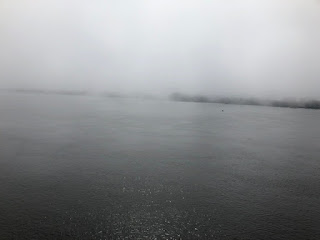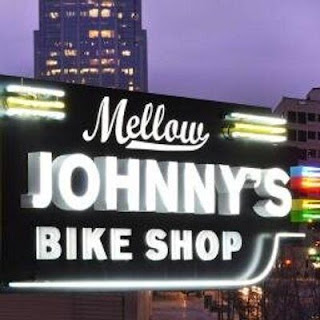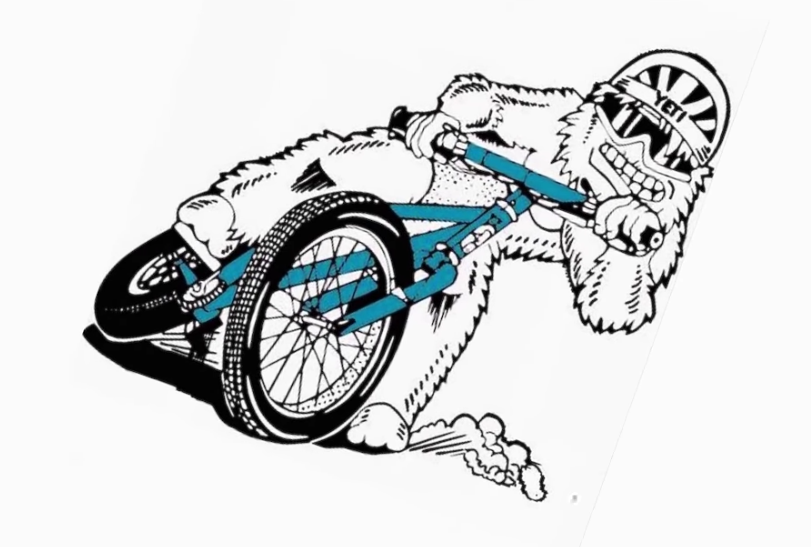For the past five months, gyms have been closed here in New York. That means lots of people can use, not only treadmills and exercise bikes, but also saunas and steam rooms.
During the past few days, though, it's been steamier than A Wish Upon Jasmine. (Picking on Fifty Shades of Gray is way too easy!) I mean, it's literally been steamy.
This is what I saw from the shorline of Greenwich, Connecticut, where I rode the other day.
And this is what I saw from Point Lookout, on the South Shore of Long Island, where I rode yesterday. That same mist filled the horizon along the Rockaways.
It was odd to see such heavy fog over the water when, only a kilometer or two inland, the sun burned through haze and on my skin.
So, as temperatures soared past 33C (92F), I pedaled 145 kilometers, with some hills, and 120 kilometers (flat) on consecutive days. During any of the past few summers, this might not have been normal. But this is the first time I've ridden as much in two days since my crash and hospital stay.
Oh, and I got to sweat even more than I would have in any sauna or steam room. And I enjoyed a refreshment no gym could have provided!































